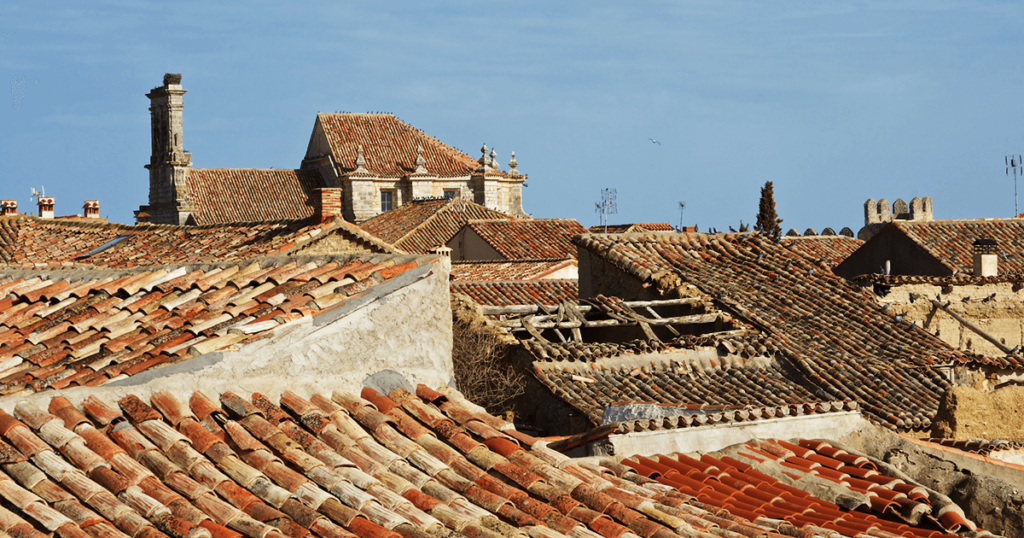
Nino Bravo, a Spanish pop singer of the early 1970s, died after a car accident 100 kilometers south of Madrid. The year was 1974; he was 28, just starting out, a new husband and father.
The first apartment where I lived in Gijón was on calle Álvarez Garaya, next to a church and across from the train station. One afternoon, I put Nino Bravo on, scooped into my arms my nine-month-old, recently up from his nap, and twirled around the living room. An ark sat by the door with an enormous gilt-framed mirror above it and beside it a mahogany armchair in pink satin; a tall cabinet housed the stereo; against the wall was an oval table no one ate at because we preferred the kitchen. The room was a mishmash of family heirlooms, faded wallpaper, baby toys, and dusty windows lit up by the sun.
Twenty years ago my Spanish wasn’t as serviceable as it is today, but I certainly understood the words of the first song. The speaker is about to begin a voyage. He is looking for a place where the sun shines more brightly that he hopes to find on the far side of the sea. Un beso y una flor, both the title and the refrain, means a kiss and a flower, which, along with an I love you, a caress, and a farewell is all the speaker will take with him—light baggage, he admits, for so long a trip. Sorrows, he says, weight the heart.
Un beso y una flor
Un te quiero una caricia y un adiós
Es ligero equipaje
Para un tan largo viaje
Las penas pesan en el corazón
For several reasons, those first months of motherhood were not the blissful time they are supposed to be. Are they ever, I wondered. When I was down for whatever reason, I could feel better by putting some music on and twirling around the small living room where the afternoon sun poured in. No one cared: beyond the entrance was the stairwell, on either side of the living room, merely other rooms of our apartment, and out the windows in the fourth wall no neighbors to see me, just the tiled roof of the church, the steeple on top, and the pigeons balancing along the stone ledge below the gutter while the seagulls swooped and soared above.
On that afternoon 20 years ago, music turned up loud, floor warm under my bare feet, a delighted baby in my arms, I spun wildly, with abandon even, because the music stirred me. I did not hear the key in the lock or even the door open as my father-in-law, Luis, came home from an outing. I didn’t know he was with us until I heard him join in the song with gusto as he put his bags on the ark. Still singing in his fine voice that the stones in the path will decide his destiny, and that what we love always gets left behind, he gave a spin himself, arms open, to meet us in the middle of the room.
Forjarán mi destino
Las piedras del camino
Lo que nos es querido
Siempre queda atrás
We left the apartment within two years, Luis on his journey and we on ours; as on Nino Bravo’s voyage, we hoped to take along enough to sustain ourselves and not so much to weigh us down.

